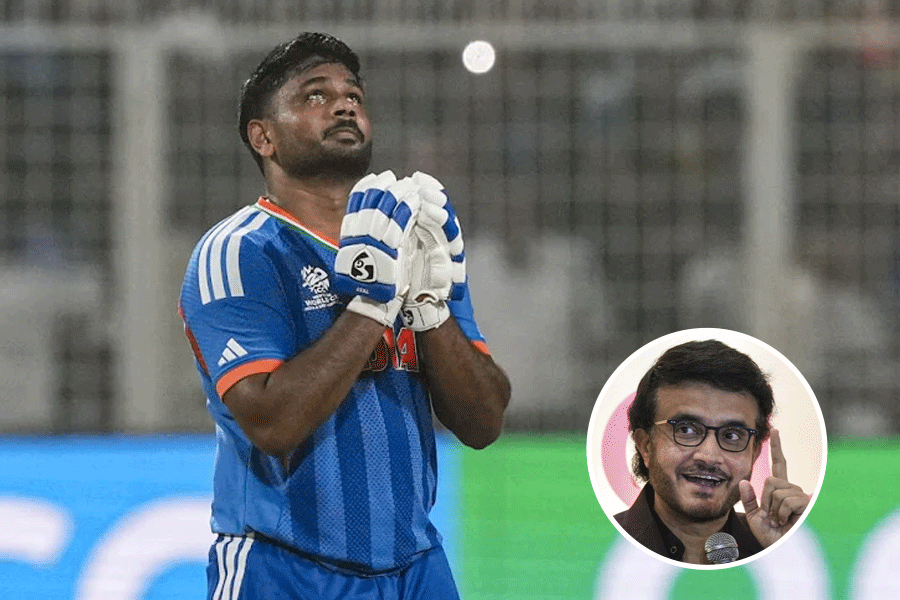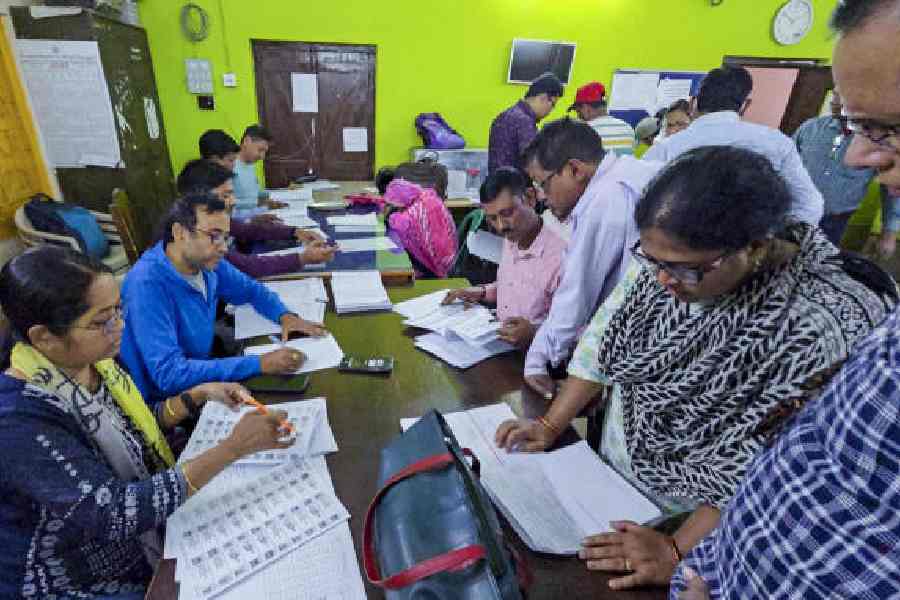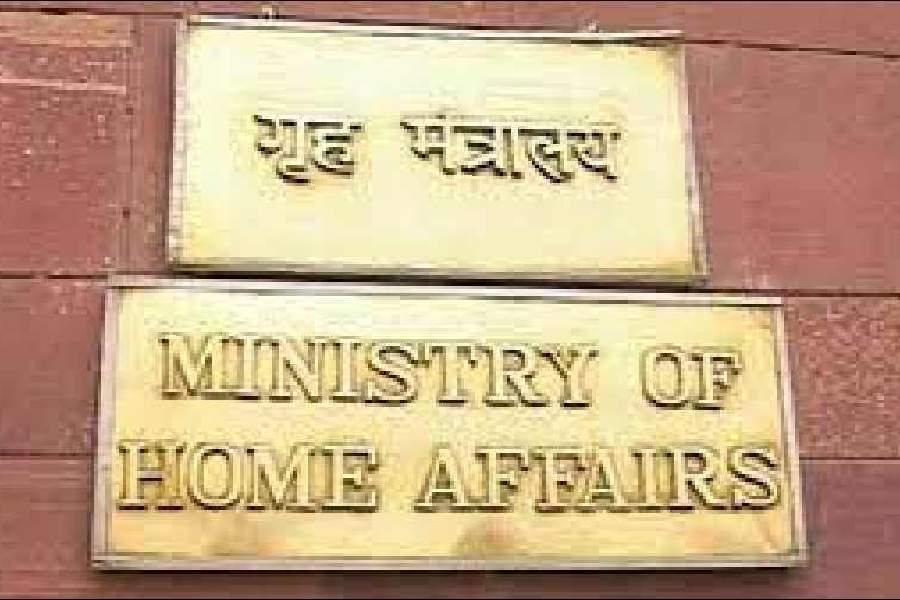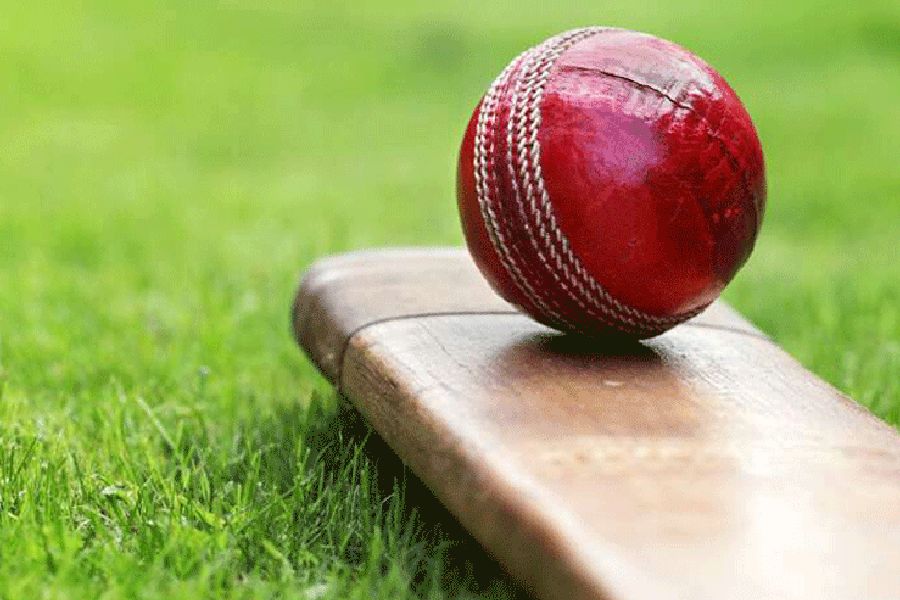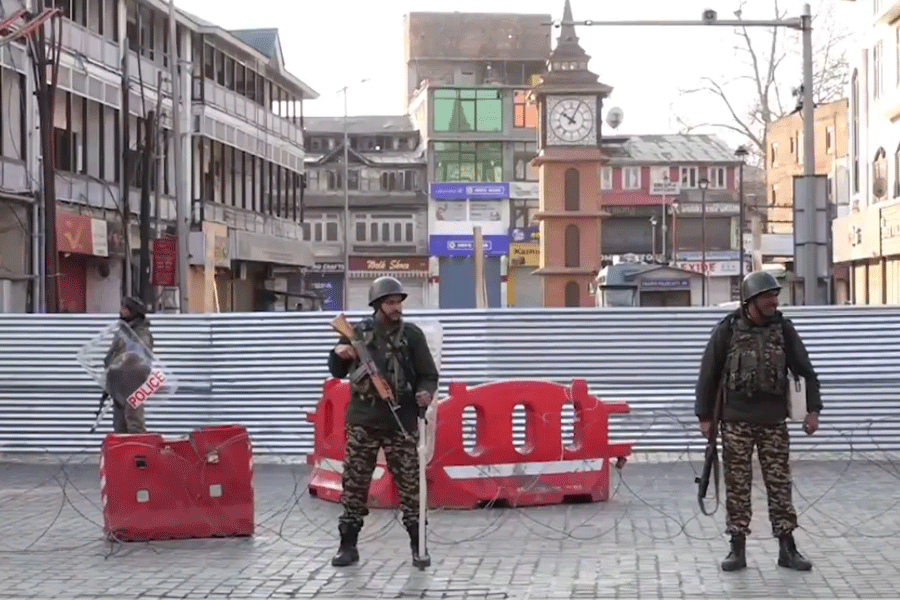Mumbai/Calcutta: Jaywant Lele, a party to the decision to ban Mohammed Azharuddin for his alleged involvement in the match-fixing scandal, revealed on Thursday that he hadn’t agreed with the punishment meted out to the former India captain.
“I fully agree with what the BCCI is saying now (on the issue). What we did was wrong,” the former secretary said over telephone from Vadodara.
Lele squarely blamed then-BCCI president A.C. Muthiah for the decision to ban Azhar and others, including Ajay Jadeja, in December 2000.
“I did not want Azhar to be banned at all as there was no proof about his involvement (in the scandal). Kamal Morarka (a former BCCI vice-president and member of the committee that took the decision) felt the same.
“But Muthiah and Ram Prasad (another committee member from Karnataka) were hell-bent on banning him,” he said.
The BCCI is at loggerheads with the ICC after issuing an invitation to Azhar to attend the inauguration of its new headquarters in Mumbai on November 3.
Lele claimed that neither the CBI report — based on which the BCCI slapped the life ban on Azhar and five-year ban on Jadeja — nor the internal inquiry conducted by the Madhavan Commission had come out with proof that the cricketers were involved in match-fixing.
“I had suggested the players be slapped fines of Rs 1 lakh or so for being in touch with bookies. But neither my words nor Morarka’s were heeded,” he said.
Meanwhile, the ICC on Thursday outlined the process involved in reinstating a player banned for a corruption offence. A media release explains that the process would begin with the banned player writing to the ICC CEO making a formal request to be reinstated. The ICC CEO would consider the request and had the absolute discretion to reinstate the player if he was satisfied it was appropriate to do so.
If he was not satisfied, he would exercise his discretion and request the ICC Code of Conduct Commissioner, Michael Beloff, to constitute an official enquiry.
The enquiry usually involves the ICC Code of Conduct chairman and two other members of the Code of Conduct commission, which has representatives from the ten Full Members and six leading Associate Members.
The process of conducting the enquiry would be at the discretion of its chairman and if a hearing was constituted, the banned player would get the opportunity to be present at or listen to all of the evidence and to question any witness, in accordance with the principles of natural justice.
The enquiry would report to the ICC’s Executive Board within three months. The Executive Board would then consider the matter and make a decision on whether or not the banned player should be reinstated. The Executive Board’s decision would be final and binding, with no right of appeal.


